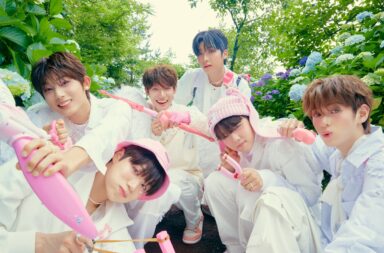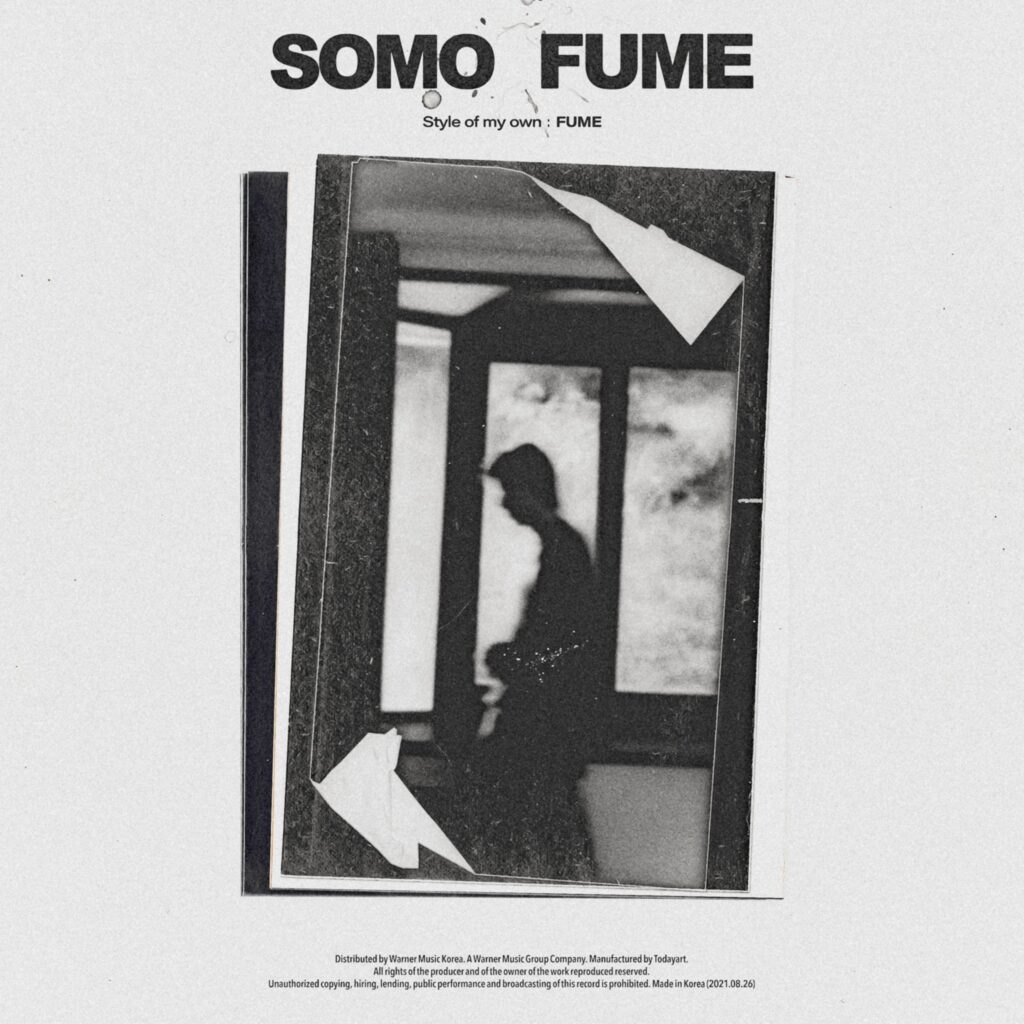
Following Got7’s departure from JYP Entertainment at the beginning of this year and JB‘s subsequent signing with Jay Park’s label, H1ghr Music, the 27-year-old leader of Got7 finally released his first official solo album, SOMO:Fume, last week. Now known as Jay B (not to be confused with his other alter ego, Defsoul or Def.), the EP features six tracks, along with an impressive list of featuring artists and producers, including Jay Park himself, Mamamoo’s Wheein, GroovyRoom, Cha Cha Malone, and Gray.
The “SOMO” in SOMO:Fume stands for “Style Of My Own”, and from this it is safe to assume that Jay B views the project as a step towards developing his own sound with complete artistic freedom, having finally escaped the confines of idol-focused songwriting at JYP. However, Jay B appears to be struggling to adjust to this newfound freedom, choosing instead to shackle his creative expression on this project to what he believes to be popular. The result is an album which, rather ironically, offers very little that could be called a “style of [his] own”.
Though his vocal performances on these songs fulfil what would be expected of him as a professional idol singer, he never really attempts to go beyond that. His vocal technique and emotion remain largely similar throughout, with the result being that his performance feels flat and undynamic. His emotions are, as always, so carefully filtered that his character and narrative are colourless and dilute. He is thus often outshined by his features. Jay Park, Wheein, Junny, and Sokodomo all serve up verses that have more vitality, attitude, sensuality, fun, individuality, texture, and impact than Jay B’s own.
The album is heavily R&B-inspired, but there is a distinctive lack of vocal runs and adlibs from Jay B himself (Wheein provides an appreciated few on “AM PM”). Instead, he seems always to be restricting himself to carefully constructed melodies that are very on the grid, sung stiffly in time with the computerised tempo, without any of the laid-back sense of fun that artists like Zion. T use to play with rhythms. His vocal texture, while pleasantly soft, never experiments with sharper or rougher sounds in the way that artists like Crush regularly do, and the power he applies to his voice rarely veers from a vague medium.
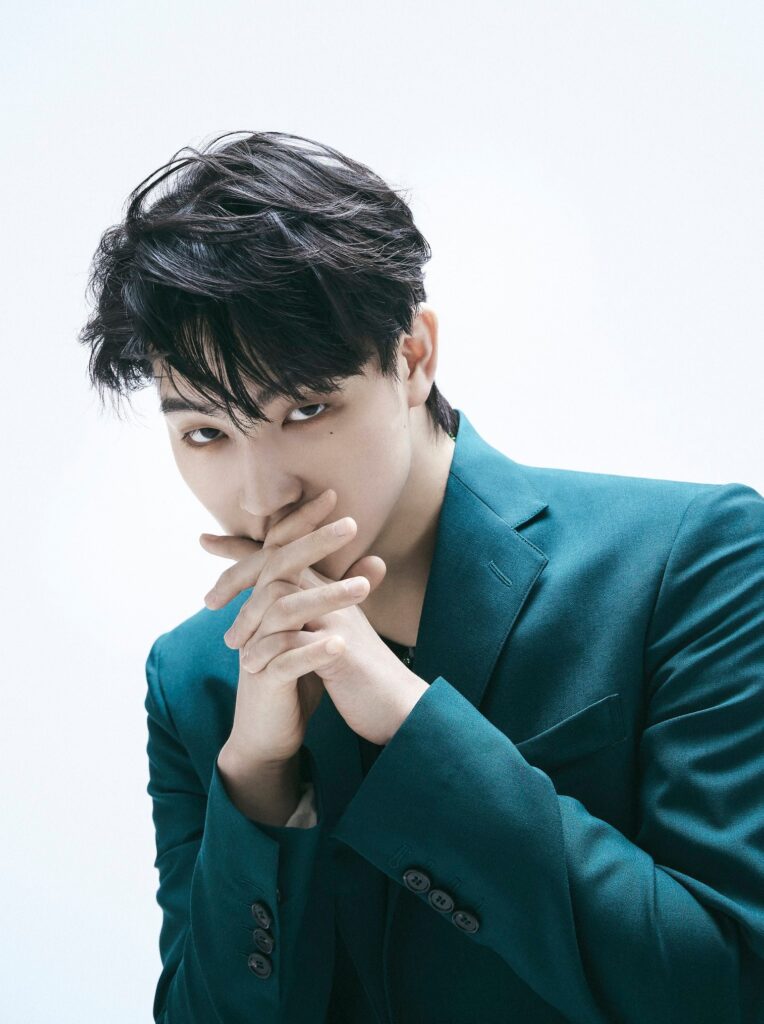
Similar criticisms can be made of the EP’s lyrics and musical composition. Aside from the CD-only “Paranoia”, which addresses his struggles with mental health, the album’s themes stay within the comfortable realms of love, sex, and relationships that are most stereotypically associated with R&B. While his lyrics reach the literary standard expected of a contemporary K-R&B song, they also lack any of the vulnerability, fleshed-out details, or innovation that would make them interesting beyond that.
His lyrics’ themes emphasise intimacy, but their delivery and execution often carry a feeling of emotional distance. Sensual songs like “Into You” are best crooned in one’s ear, yet Jay B sounds like he is politely serenading you from halfway across the room. He repeatedly insists that “nothin’ feels better than lovin’ you”, but the details of his “love” are so vague that it is hard to believe that he is telling the truth:
I just wanna talk to you
Baby, I’m so into you
Our hearts are like old wine
I just wanna talk to you
Baby, I’m so into you
It’s growing deeper
Meanwhile, the music on SOMO:Fume purposely references and reuses common tropes from current K-R&B and wider R&B history. Moody, reverbed electric guitar chords fill out the bulk of “AM PM” and “Into You”, while trendy, trap-inspired beats seem to be what earn “B.T.W” and “Switch It Up” their status as the most marketable singles of the album. The twirling acoustic guitar riff on “Count On Me” recalls noughties R&B classics from artists like Usher, making it a refreshing throwback, but its composition and style are still inherently derivative.
While these instrumentals are part of what makes this album overly safe, they are still of a much higher quality than Jay B’s previous solo endeavours. “Fame” stands out as the project’s most interesting instrumental, with a lively bassline that serves to both catch the ear and hold down a solid groove. Meanwhile, the shimmering synths, echoing vocal layers, and looming subbass on “Switch It Up” give the song an ethereal quality, making it the strongest single of the album:
Baby, I wanna switch it up
All I see is you right now
Just like a wave
Baby, ride my body
Girl, nice and calm tonight
They are polished, trendy, self-contained packages, which stand alone in a way that demonstrates the experience longtime producers Gray, Cha Cha Malone, Woogie, and GroovyRoom have in making chart hits. At the same time, however, it is precisely because all of these producers have composed more interesting, enjoyable, and iconic hits elsewhere that their work on this project seems comparatively generic. Paired with relatively weak topline melodies from Jay B (it has never been his strong suit; to his credit though, his hooks are more catchy and compact here than they ever been, most notably on “Switch It Up”), the songs on SOMO:Fume blend into an unambitious, easy-listening playlist, becoming a decent and on-trend but unfortunately forgettable debut release.
As the celebrated beginning to a brand-new journey, SOMO:Fume was a rare opportunity for Jay B to craft a truly new identity for himself – one where he is free to tailor every aspect to his own tastes, to pick out a unique palette of colours as wild as he likes to paint with, with the aim of fulfilling his long-shackled ambitions. As it is, the biggest step he has taken towards that has been choosing a new name. Unfortunately, very little on SOMO:Fume even attempts to subvert your expectations, staying so familiar as to be predictable, whether that be lyrics, melodies, chords, arrangement, or vocal delivery.
The overtly sexual lyrics of “Switch It Up” are perhaps the only notable risk Jay B takes, and its sharp hook and lush instrumental mean it remains the EP’s best track. Meanwhile, “Fame” and “Count On Me” are the most enjoyable B-side complements; the album’s remaining picks blend so fully into K-R&B’s existing repertoire that they essentially dissolve.
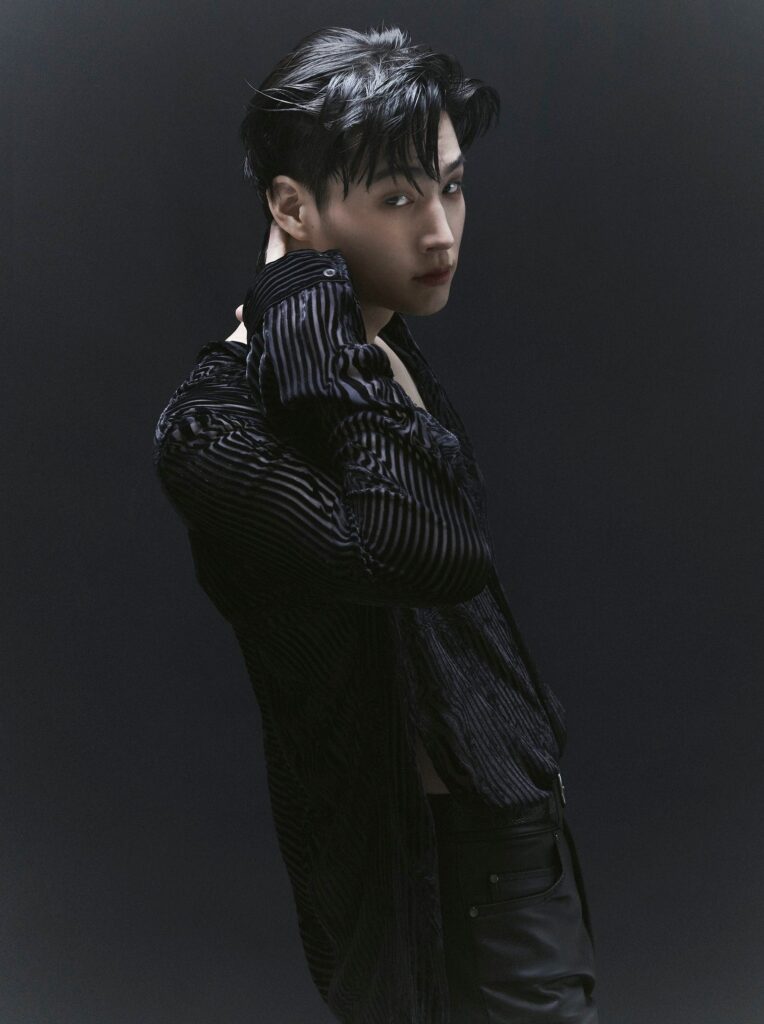
That said, the EP is overall a polished effort, and certainly a decent starting point from which to move forward. He has refined his toplining skills with the help of Jay Park’s more experienced ears, solidifying several hooks here to the point of memorability – a marked improvement from his previous SoundCloud and Got7 works. However, he is overly tentative; the album as a statement feels too frustratingly safe, vague, and non-committal to inspire any real engagement with the listener. Perhaps he thinks the stakes are too high to take any risks, but the best art is compelling precisely because their artists have staked plenty on it.
He has previously listed Musiq Soulchild and D’Angelo as some of his biggest influences, but that is barely explored here. “Count On Me” would be the closest example, but it lacks the elastic groove and fluid vocals that are characteristic of these artists, as well as the warm live instruments and lush vocal harmonies. If he learns how to incorporate these elements into his work, their richness could become his greatest strength as an artist. Already, you can hear the difference in the way he sings these kinds of songs, relative to his own work. Even the more futuristic, alternative R&B explored on Jus2’s music would form a more valuable contribution than SOMO:Fume’s current trend-based foundation.
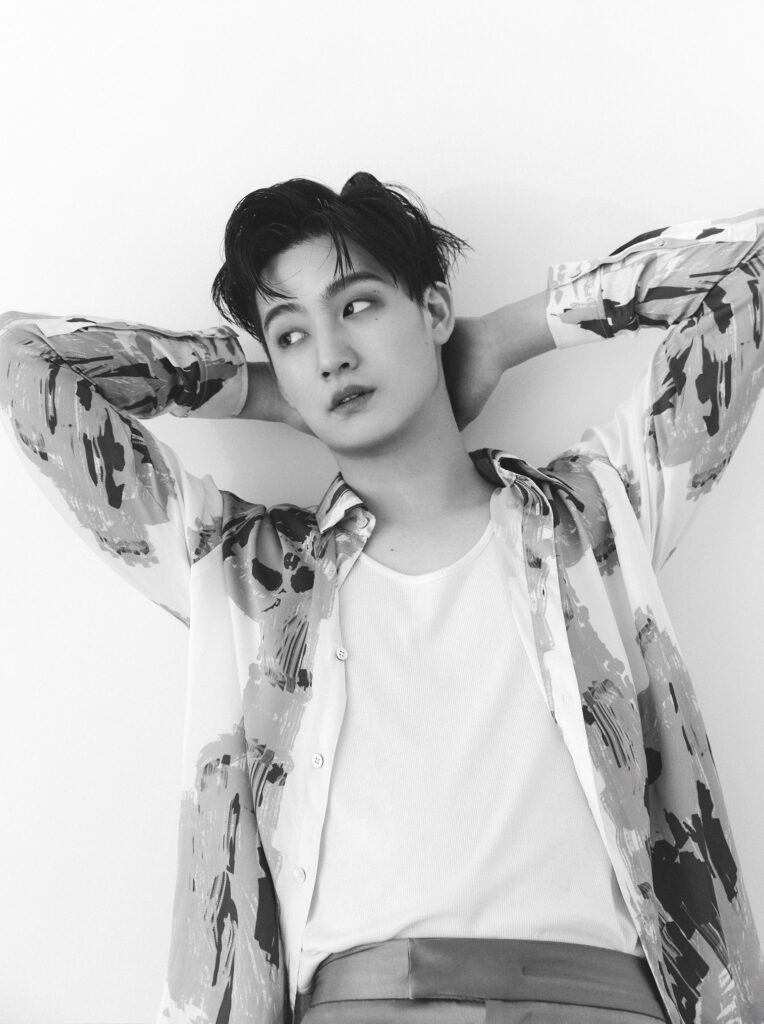
The reality is that he has stepped out of a very saturated K-pop market into an almost equally saturated K-R&B market, which boasts dozens of artists who are quite literally overflowing with talent. The genre’s mainstream style is already well established, and every artist sustaining success now has a level of uniqueness to counter that – think Crush, Zion. T, Heize, Suran, Dean, and Wonstein, to name but a few.
Jay B thus needs to quickly discover and cultivate his own unique voice and vibrancy of colour, if he is to break into the bubble of K-R&B. Gaining an audience within that community will be crucial to sustaining his career, should his existing K-pop fanbase dissipate as the years goes by. The same goes for each of his fellow Got7 members who are now seeking to reinvent themselves, including Yugyeom and BamBam. Trying to do so will require courage.
(YouTube [1][2][3]. Lyrics via Genius. Images via H1ghr Music.)
